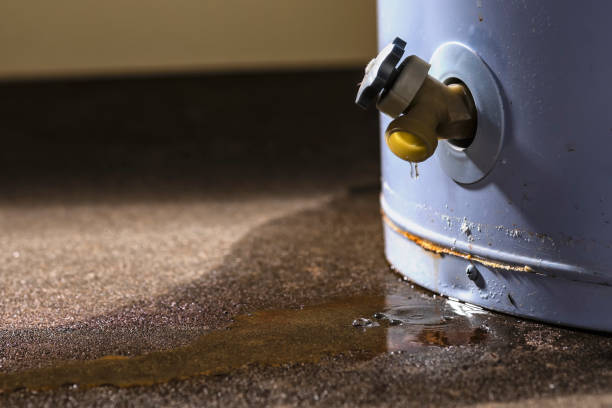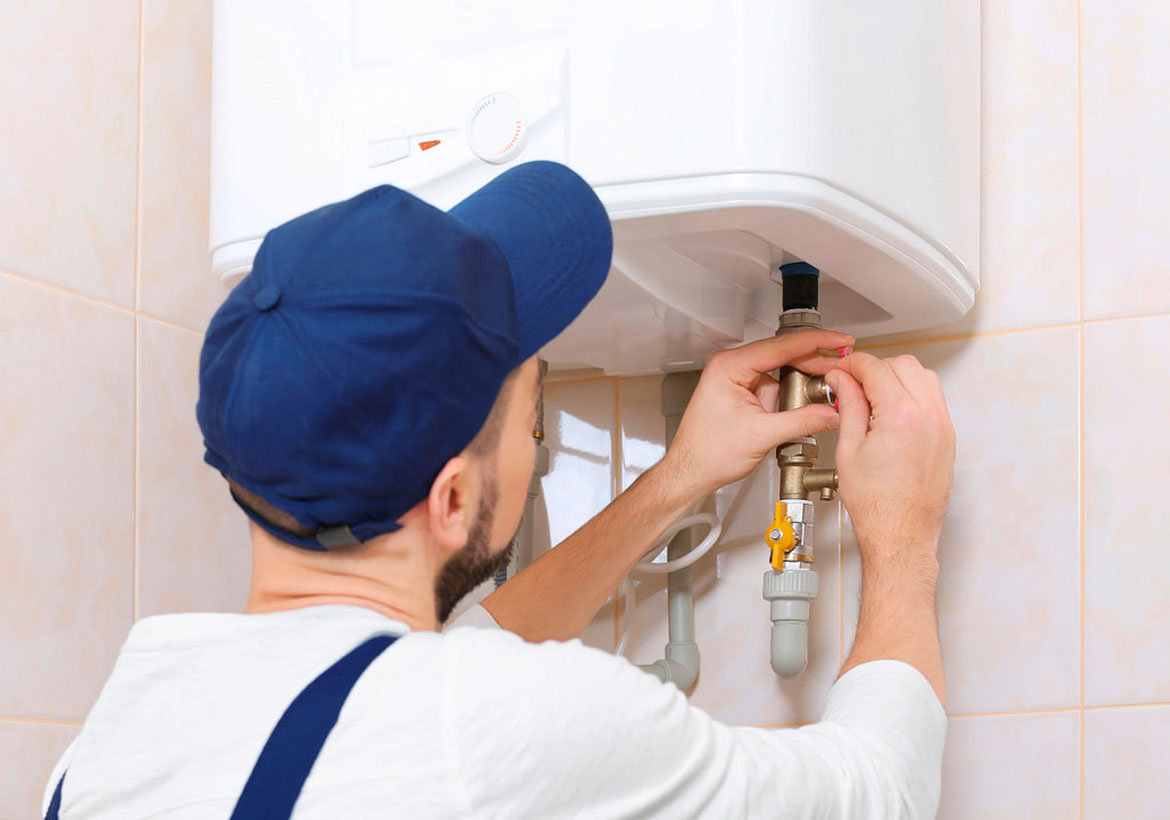Required Protocols for House Owners Handling Broken Heating Units
Required Protocols for House Owners Handling Broken Heating Units
Blog Article
We have discovered the article involving Broken Water Heaters directly below on the internet and decided it made sense to write about it with you in this article.

Whether it is located in the basement or a different space, busted water heating systems can trigger tension. Having no hot water supply is additionally troublesome.
Call the Plumber
After doing the first 2 safety and security steps, you have to call your plumber to come right away to fix a burst water heater. There are usually indications that your aging water heating unit has debris build-up in the interior.
Do not wait for significant flooding to call the plumber. By then, you will need to spend more to recover your building. Instead, as soon as you identify these signs, have a professional pertained to check your water heater storage tank. Normally, hot water heater have a life expectancy of about 8 to 12 years. With routine inspection and upkeep, you can extend its life.
Cut Off the Cold Water Supply
Cut off the tanks touch water supply from the resource. When your container is in good problem, the chilly water quits filling up when the storage tank is full. If you can not discover it or reach it, you should turn off that major water supply line outside your residential or commercial property.
Shut Off Source Of Power
Prior to calling the plumber, closed off a gas water heating unit by transforming the temperature dial. This will prevent electrocution, especially if there is a leakage as water is a conductor. Commonly, the heating element closes off when the water strikes a certain temperature level.
Tidy up Building
After calling the plumber, file damage by bearing in mind and pictures so you can declare your home owner's insurance coverage. From there, start the prompt clean-up. Take out any type of vital belongings to prevent additional saturating. Remove any type of standing water to avoid mold and also mold growth. Make use of that to drain the water if you have a completely submersible water pump. Otherwise, the conventional pail approach will certainly additionally function. Attempt to mop out everything, including walls as well as walls. If you have an electrical fan and dehumidifier, maintain them running to keep air distributing. This will certainly aid discourage mold and mildew growth.
Keep in mind, if you notice any kind of issues with your water heater, call the pros right away. You can not take this problem lightly because a defective thermostat can increase water temperature to a hazardously high degree, causing unintentional burns. A damaged heating unit pressure relief valve can also cause a surge. For finest results, get an annual check so your system obtains checked, cleaned, drained, and re-filled, ensuring ideal performance.
After doing the first 2 safety actions, you should call your plumber to come right away to repair a fractured water heating system. Instead, as quickly as you spot these indications, have actually an expert come to examine your water heating unit tank. Prior to calling the plumber, closed off a gas water heating unit by transforming the temperature dial. If you have a completely submersible water pump, use that to drain pipes the water. Keep in mind, if you notice any type of concerns with your water heater, call the pros right away.
Is My Hot Water Heater Broken?
So how can homeowners tell if the water heater is broken and needs replacement, or if it just needs a pilot relight or simple repair?
The most obvious sign of a water heater needing attention is lack of hot water supply. But does it mean it is irreparable? Not necessarily. In fact, when a hot water heater stops producing hot water, a likely culprit is the pilot light. A pilot light can go out for reasons not related to the water heater or due to a bad thermocouple.
Luckily, if the water heater is within the warranty period and has been maintained, a faulty thermocouple can be repaired or you can replace the water heater fairly easy. The best way to determine if the thermocouple is bad is when the pilot light won’t stay lit. Homeowners can light their own pilot lights if they feel comfortable or call a professional plumber. Be sure to get a free estimate over the phone as many companies have a minimum charge and lighting a pilot is typically very easy to do. Homeowners can also check their warranty to see if parts are covered.
If homeowners are unsure of when the water heater was installed, they can find most information on the water heater manufacturer sticker, such as serial number, gallon size, and date manufactured. Additionally, many companies will also place a sticker of their own to let customers know who installed the water heater, when, track annual maintenance, and provide a number to call in case of an emergency.
Other Signs of a Broken Water Heater
There are many other telltale signs that a hot water heater is in need of repair or replacement. Most of these signs are easy to spot as well.
Corrosion on water lines: If a homeowner’s spots hard build up or corrosion on any of the copper or steel lines coming into or going out of their water heater, it is a sign of a possible water heater leak or past leak that should be checked.
Water leaking from any of the lines or the T & P. If homeowners see active water dripping from the T & OP or water connections, they should call a plumber as soon as possible to avoid any water damage. While small drips and leaks might be easy to repair, if left unchecked, it could be a sign of a larger issue and cause major water damage if any of the lines burst.
Leaking from the bottom. When a water heater is actively leaking from the bottom of the storage tank, it is a sure sign of replacement. Most of the time, leaking from the bottom indicates deterioration from the inside after years of use. However, there are times when a tank is faulty and leaking could occur in a new water heater. Luckily, all professional grade water heaters come with standard warranties and offer extended warranties for homeowners peace of mind.
If homeowners find signs of leaks or malfunctioning storage tank water heaters, it may be time to upgrade to a tankless hot water heater. Tankless hot water heaters come with many benefits, but two that make a big difference are the standard warranty and water savings. Tankless warranties come standard 10-12 years, meaning in the time they might purchase two storage tank heaters, they will still have a working hot water heater with endless hot water.
Tankless water heaters also offer incredible energy savings as they do not store and heat a continuous amount of water like storage tanks. Hot water is only heated when homeowners call for it by turning on a tap or running a washing machine or dishwasher.
With all possible issues homeowners may face with their hot water heaters, either tankless or traditional storage tank water heaters, hot water heater troubleshooting, repair, and replacement is a fairly easy process when they call in a professional plumber. Plus, all repairs should be easily detected and reputable licensed companies will happily offer a free estimate and the best options in a timely manner.
https://www.billhowe.com/blog/is-my-hot-water-heater-broken/

Do you appreciate more info about How to Avoid a Broken Hot Water Heater? Try leaving a remark directly below. We'd be pleased to listen to your thoughts about this blog entry. Hoping that you come back again in the future. Sharing is nice. Helping others is fun. Thanks a lot for your time invested reading it.
For best results, ring! Report this page